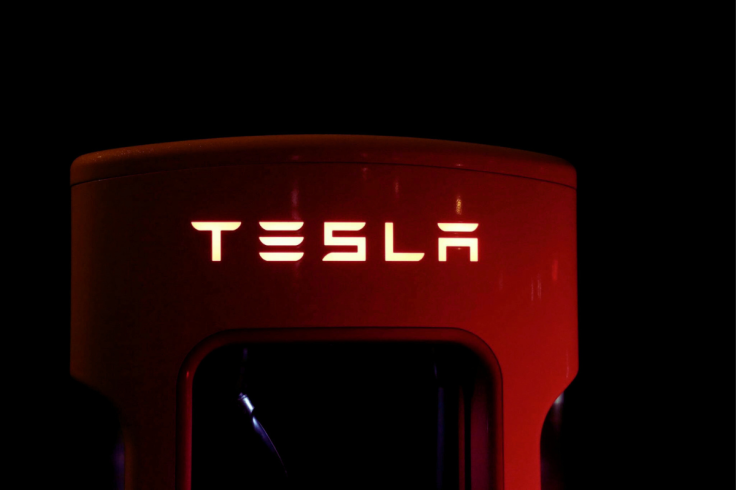Tesla Ordered To Replace Faulty 'Self-Driving' Computers In 4 Million Cars Or Pay Up
Will Owners Get New Tech or Cash?

Tesla, the electric vehicle titan, faces a monumental challenge that could reshape its future. A recent ruling mandates the company to replace the 'self-driving' computers in approximately 4 million vehicles or compensate their owners, following admissions that the hardware falls short of promised autonomous capabilities.
This development, reported on 14 April 2025, has sent ripples through the automotive world, raising questions about Tesla's ambitious vision.
The Promise of Full Self-Driving Falls Short
In 2016, Tesla's CEO, Elon Musk, boldly claimed that all vehicles produced henceforth would possess 'all the hardware necessary for full self-driving capability'. This promise fuelled dreams of cars transforming into autonomous 'robotaxis', capable of navigating without human intervention.
However, in January 2025, Musk conceded that the Hardware 3 (HW3) computers, installed in around 4 million Tesla vehicles globally, lack the processing power for unsupervised autonomy. This admission has sparked outrage among owners who paid premium prices for the Full Self-Driving (FSD) package, expecting a future-proof experience.
The shortfall has led to a legal directive, compelling Tesla to act swiftly or face financial repercussions.
For context, the FSD package cost owners thousands, with some investing up to £6,300 ($8,000) for software that now requires a hardware upgrade to deliver on its potential. According to Electrek, Musk has pledged to retrofit HW3 vehicles for FSD buyers, but the logistics of such an undertaking are daunting.
A Logistical and Financial Quandary
Replacing computers in 4 million vehicles is no small feat. Tesla's global fleet spans countless models, from the Model 3 to the Model X, each requiring precise engineering to integrate new hardware. The cost could soar into billions—potentially £7.9 billion ($10 billion) or more, per industry estimates.
Compensation, the alternative, poses its own challenges. Determining fair payouts for owners, some of whom purchased FSD years ago, could lead to protracted legal battles and further erode trust in the brand.
Tesla's financial position complicates matters. With a market cap of £197 billion ($250 billion) as of 10 April 2025, the company holds £29 billion ($38 billion) in cash reserves.
Yet, recent sales declines—336,681 deliveries in Q1 2025, down 13% year-over-year—signal headwinds that could strain resources needed for this massive retrofit or payout.
What Lies Ahead for Tesla Owners?
For Tesla owners, the ruling is a double-edged sword. Those who invested in FSD may finally see their vehicles upgraded to match Musk's vision, but scepticism abounds. One owner, quoted in Electrek's report, lamented, 'My car will never be self-driving, and I don't believe Tesla will ever offer a free computer upgrade.'
Others hope for cash settlements, though the amount and timeline remain uncertain. The broader implication is a potential shift in how Tesla communicates its technological promises, with publications noting that consumer trust hangs in the balance.
As Tesla navigates this crisis, the industry watches closely. Will the company deliver on its retrofit pledge, or will compensation become the default path? Either way, this saga underscores the complexities of pioneering autonomous driving in a world that demands accountability.
The outcome could redefine Tesla's relationship with its customers, testing the resilience of its brand loyalty. Only time will reveal whether Tesla can turn this setback into a stepping stone for innovation, or if it will remain a cautionary tale in the race to autonomy.
Originally published on IBTimes UK




















